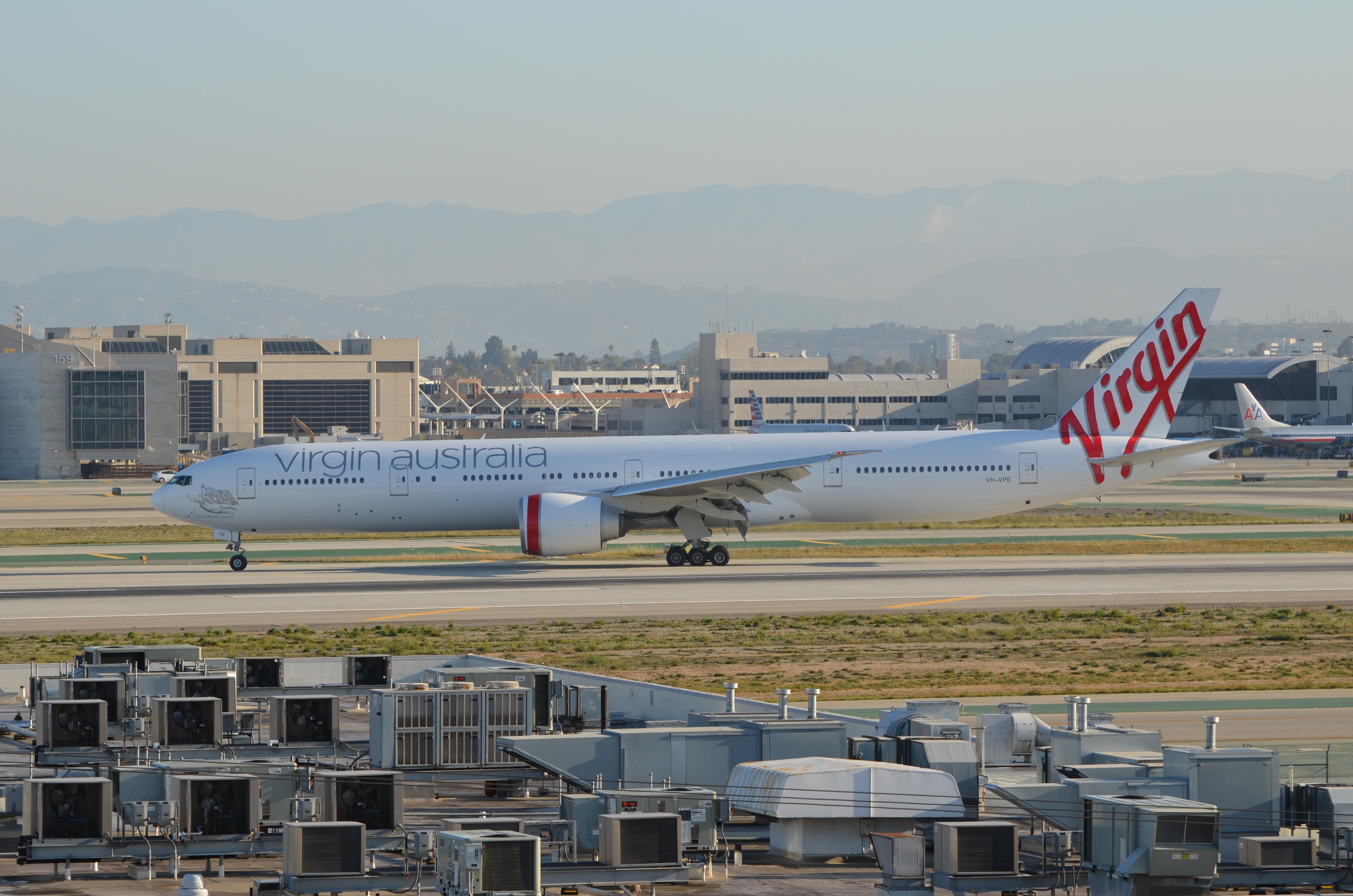
Virgin Australia has entered voluntary administration and the airline’s management is proposing to keep as much of the airline intact as possible when it reemerges under a new ownership structure.
The airline’s board made the decision to enter voluntary administration late on April 20 and announced the move on April 21. The carrier was left with no other options after it could not secure the extra funding needed to continue operating.
A team from Deloitte has been appointed as Virgin’s administrators, led by Vaughan Strawbridge. The voluntary administration process gives Virgin breathing space as the administrator assesses the best option for the company and its assets.
Virgin said it entered voluntary administration in order to “recapitalize the business and help ensure it emerges in a stronger financial position.” Strawbridge said the administrator’s intention “is to undertake a process to restructure and refinance the business and bring it out of administration as soon as possible.”
The carrier will continue to be led by CEO Paul Scurrah and his management team during the administration period. Virgin will keep operating the limited services it is still flying. The carrier has suspended 96% of its flights due to the COVID-19 crisis.
There has been “an extraordinary amount of interest” from outside entities in participating in Virgin’s restructuring and relaunch, Strawbridge said. More than 10 entities have already approached the company, and the administrator will canvas for more.
The administrator’s preference is to find buyers for the airline as a whole, rather than selling off the group’s assets separately, Strawbridge said. He predicts the process of selecting new ownership will happen relatively quickly. It should be complete in “a matter of months” and will not drag on for six months or longer, Strawbridge said.
All options are on the table regarding the restructuring of Virgin’s operations and its shape under new ownership, Strawbridge said. The intention of the administrator is to “create as much optionality as possible” for potential owners.
The administrator is not planning any workforce redundancies, according to Strawbridge. About 80% of employees have already been stood down temporarily, and they will continue to draw government wage subsidies and will retain their entitlements. Virgin will “hopefully maintain all of the jobs or at least as many as possible” when it reemerges, Strawbridge said.
Scurrah said the airline has already analyzed its existing business plan and believes that it remains the best way forward, so this has been proposed to the administrator. Virgin “didn’t trade our way” into its current predicament, but was crippled by the sudden onset of COVID-19, the CEO said.
The plan proposed by Virgin includes international flying, particularly on leisure routes, Scurrah said. It also includes a place for a low-cost operation. Virgin operates an LCC subsidiary, Tigerair, which has been grounded because of the pandemic.
Strawbridge confirmed there are no plans to sell the Velocity loyalty program separately. Velocity is operated as a separate business owned by Virgin and has not entered administration like the rest of the group.
Virgin has 48 Boeing 737 MAX aircraft on order. The fate of these orders will be discussed during the airline’s restructuring, Strawbridge said. “We’ve indicated to Boeing that we want to talk to them” regarding the MAX orders, he said.
